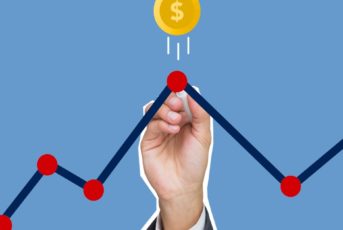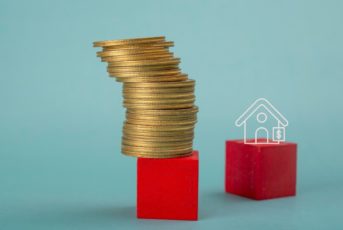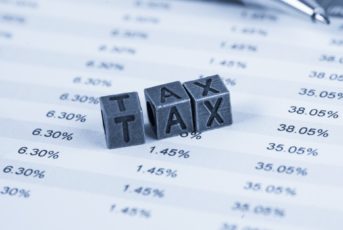
Student Loans Payments Paused Again
On December 4, the U.S. Department of Education extended the halt on student loan payments, due to the COVID-19 pandemic, through January 2021. That means that accruing any interest will also remain paused, and the department won’t collect on defaulted federal student loans until February 2021. This is a continuation of the pause on monthly payments that happened in March of this year when the Trump administration asked for their halt. President Trump signed an executive order that maintained this pause through December 2020.
What does this extension do?
Multiple things. Firstly, it gives more than 42 million student loan borrowers a continued break while we all struggle with the added stressors and expenses of the coronavirus pandemic. Secondly, this extension serves as a way to provide a smooth transition between the end of the year and when president-elect Biden comes to office. While this is a relief for now, experts have expressed that those with student loan debt should start preparing for their payments to resume.
What can you do to prepare?
Make a list of your financial inventory and evaluate your payment plan as soon as possible. Check your student loan account, look at your monthly bill, and address the new timeline for paying off your student loans. This is important, as many borrowers have had close to a year of skipping their student loan payments. It’s easy to get out of the habit of paying them, and the cash may have been put towards other things.
What if I can no longer make the new monthly payment?
When student loan payments are resumed, there will be many who have experienced unemployment or loss of income. Payments that were financially possible before the pandemic hit may no longer fit within your monthly budget. Fear not! There are options.
- Income-driven repayment plans. This will formulate a repayment plan based on your income and typically lowers the monthly payments, although it will take longer to pay off the loan completely. Note: You must recertify for the income-driven repayment plan each year.
- Unemployment Deferment. If you are out of work because of the pandemic and unable to make any payments on your student loans come February 2021, applying for unemployment deferment may be the best option. This will pause payments for 36 months. Note: You will have to reapply every six months and provide proof of unemployment and that you are actively seeking work. Interest will continue to accrue for unsubsidized student loans.
- Other Deferments. If you do not qualify for unemployed deferment and still cannot make the payments on an income-driven repayment plan, you can still apply for deferment. This will pause your payments for a period of time, but also means you’ll pay more over a longer period of time. As with the unemployment deferment, unsubsidized student loans will still continue to accrue interest.
There may not be debt forgiveness
Many Americans continue to wait and see if Congress will provide another stimulus package before they break for the holidays. Additionally, many have their attention focused on Biden and if he will forgive some student loan debt when he takes office. While this may help financially, should it happen, it is best for you not to assume that this will take place and plan accordingly.
Looking for an independent fiduciary financial advisor who can advise you on investments, retirement, real estate, alternative assets, and taxes? Contact ACap Advisors & Accountants to schedule a free initial consultation. Our clients include individuals, small businesses, entrepreneurs, and anyone serious about saving and investing for their future.









